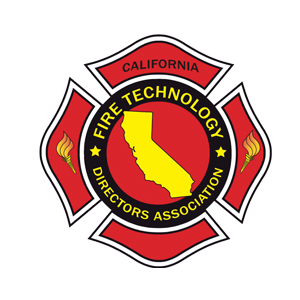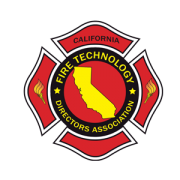Fire Control 3B – Staff Report and Implementation Plans for the necessary instructor information:
https://osfm.fire.ca.gov/media/5085/attachment14-firecontrol3curriculumstructuralfighting.pdf
EL CAMINO COMMUNITY COLLEGE DISTRICT
16007 Crenshaw Blvd., Torrance, CA 90506
(310) 660-3111
July XX, 2019
Senator Anthony Portantino
Chair, Senate Appropriations Committee
State Capitol, Rm. 3086
Sacramento, CA 95814
RE: AB 720 (Muratsuchi)—SUPPORT FOR REMOVAL FROM SUSPENSE
Dear Senator Portantino:
On behalf of El Camino Community College District, I write to request that AB 720 be moved from suspense and to the Senate floor for a vote. AB 720 requires that courses offered by California’s community colleges to public safety agencies via instructional service agreements (ISAs) be funded outside the new student-centered funding formula. One of the most concerning consequences of the funding formula is its impact on our partnerships with agencies including fire, sheriff, and police departments.
These public safety personnel have ongoing training mandated by their respective state agencies. Colleges collaborate with local agencies to offer this training under the California Community College apportionment-funding model. These partnerships exist at a considerable number of colleges across the system. According to data for the 2016-17 academic year, there are 32 districts—almost 30 percent of California’s community colleges—that offer public safety classes through ISAs. These courses serve nearly 15,000 FTES statewide. In the past, 100 percent of the funds received from the state for these training programs came from FTES apportionment.
Under the new funding formula, however, colleges will receive a significantly reduced percentage based on apportionment over the next several years. The remaining funding is based on 1) serving students of need, and 2) student outcomes such as graduation rates, degrees, and employment. Students who participate in ISAs, however, are already employed, already hold credentials, and are not students of need. These outcome criteria simply don’t apply.
Although the split among these three funding metrics is still evolving, there is no doubt a “one size fits all” formula does not meet California’s needs for funding first responder training. Community colleges and their public safety partners face the prospect of bearing the full cost of offering this training with reduced resources, limiting our ability to serve this important role and potentially jeopardizing public safety. This is a deeply concerning prospect, given the projections for increased wildfires and other natural disasters statewide in which public safety resources will demand well-trained professionals.
Time is of the essence on this issue. The funding formula’s oversight committee is currently deliberating whether to incorporate ISAs into the funding formula—a process far too lengthy given the urgency of resolving the problem. Therefore, the legislative solution provided by AB 720—separating this category of FTES from the current metrics and keeping ISA classes outside the funding formula—is vitally important.
For that reason, I respectfully request that AB 720 be moved from suspense and to the Senate floor for a vote.
Best regards,
Dena P. Maloney, Ed.D.
Superintendent/President
El Camino College
Greetings Fire Technology FDRG Members,
Congratulations! We have posted as final the Fire Technology Company Officer descriptors and Model Curricula (MC) to the C-ID website, and colleges can now submit comparable courses for review. As a reminder, courses are submitted to the C-ID system through your campus Articulation Officer.
You can find the descriptors posted on our website under the Descriptors tab, and the MC posted on the Model Curriculum tab.
Thank you for taking part in this process. Your commitment to your discipline is evident and the time spent in working on the descriptors is very much appreciated.
Thank you!
Miguel Rother
Director of Grants and Initiatives
Academic Senate for California Community Colleges
One Capitol Mall, Suite 230
Sacramento | CA | 95814
916 445 4753 | ph
916 323 9867 | fx
www.c-id.net
www.asccc.org

